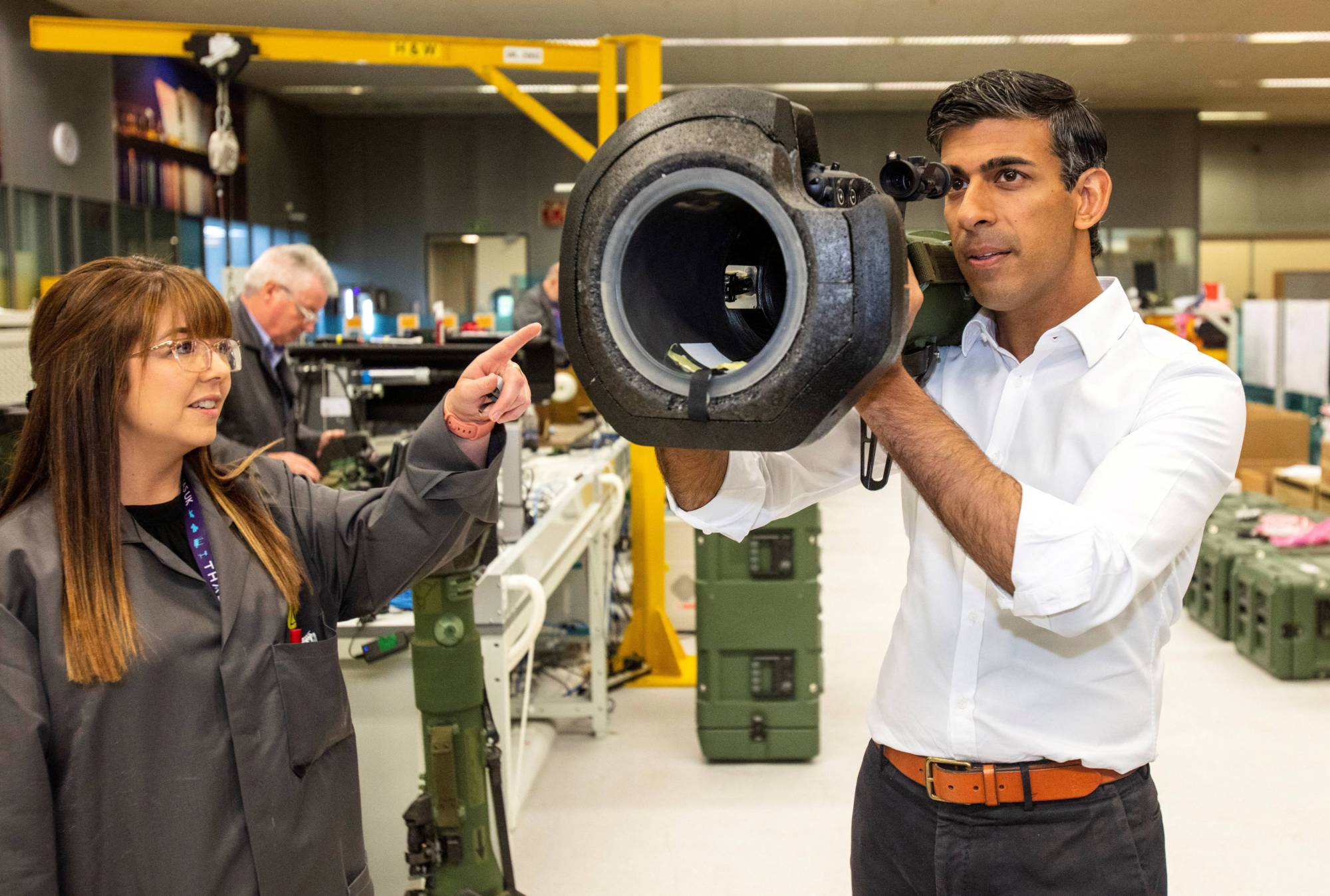Faced with his country’s worst economic crisis in a generation, a war in Ukraine and an increasingly assertive China, new British Prime Minister Rishi Sunak has his work cut out for him, both at home and abroad.
But unlike his two predecessors, the former chancellor of the exchequer is expected to take a more pragmatic approach to foreign relations, particularly with Indo-Pacific countries.
Sunak, the fifth Conservative prime minister in six years, has vowed to prioritize “policies not personalities,” while attempting to unite his party and pursuing more mainstream policies after his predecessor, Liz Truss, lasted just seven weeks in office following a failed tax-cutting budget that shook financial markets.


















With your current subscription plan you can comment on stories. However, before writing your first comment, please create a display name in the Profile section of your subscriber account page.